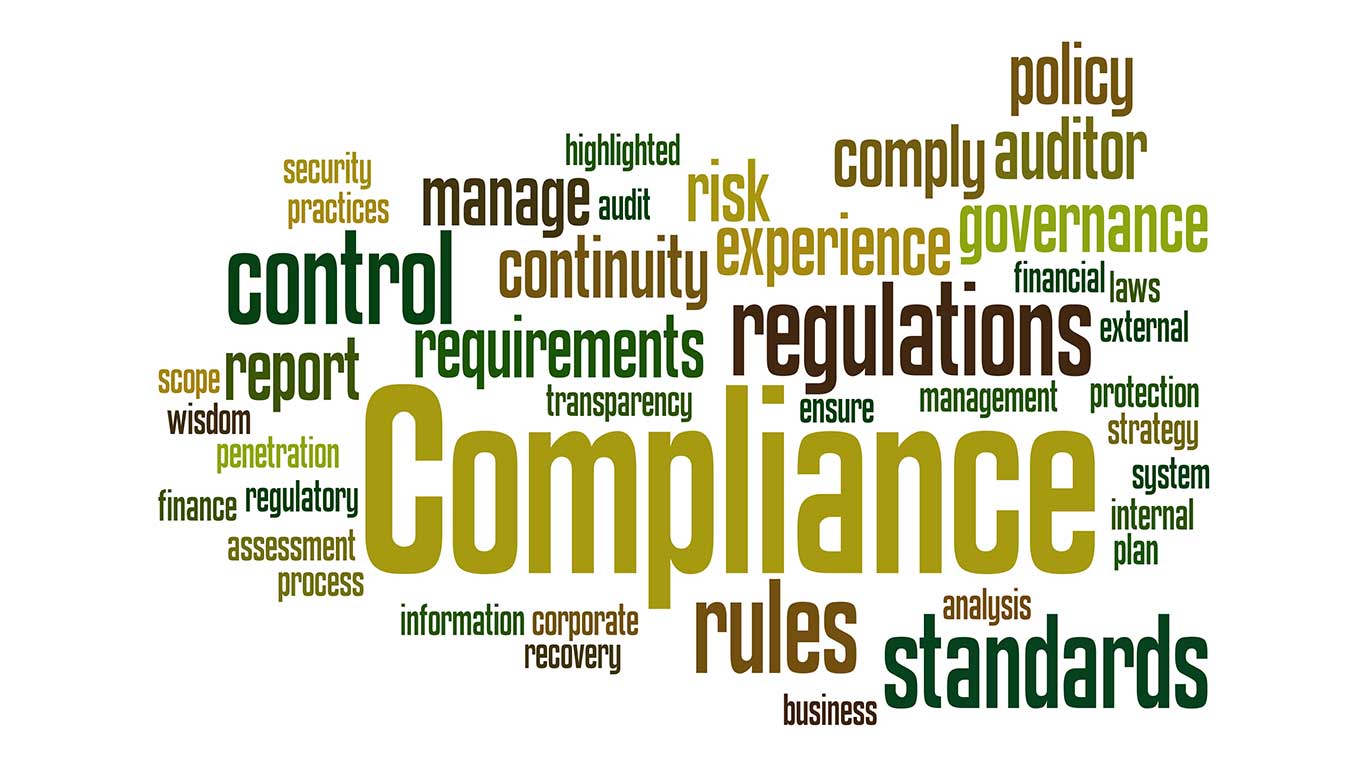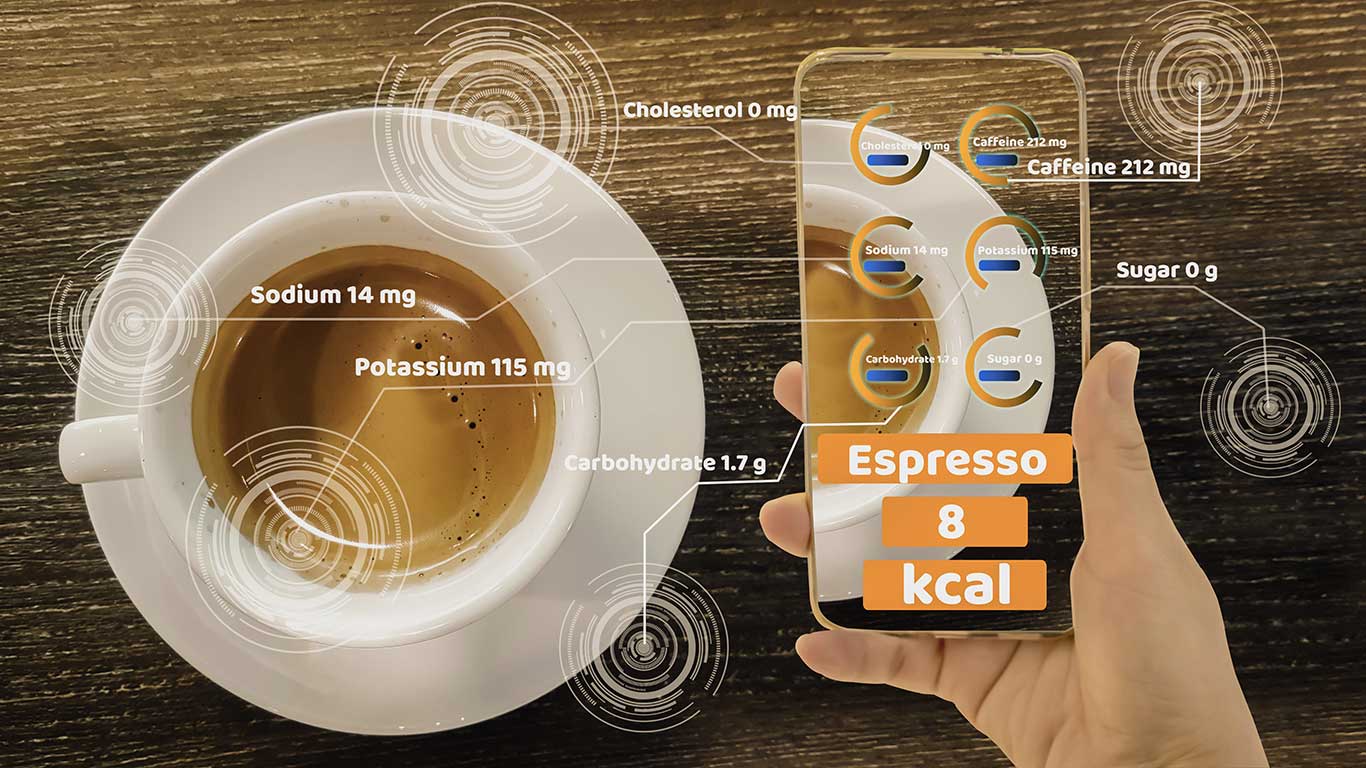In the Food & Beverage industry, compliance is of extreme importance because of the nature of the manufactured products. If companies are not compliant, food and beverage products directly affect the health of the consumer. In other words, businesses have a moral obligation to be aware of what goes into the production and sale of the products.
These days, changes in the political and legal system of a country can create some challenging situations for companies. Take the UK’s exit from the EU as an example; post-Brexit impact on the industry in the UK has been tremendous. How organizations handle these special situations – and even the stable compliance related activities – will determine the success of their products in the market.
Compliance in the product development process
Manufacturers need to keep in mind that every process and procedure they utilize during the actual design and development stage needs to be compliant with market regulations. In the F&B industry, there are three basic factors that affect product compliance:
- Employee education: Businesses will only be able to meet compliance standards if employees are trained to identify discrepancies in the process. Secondly, employees need to be trained to leverage the ERP system that the business has in place.
- Standard procedures: Having the relevant metrics and measurements in place will help companies track the success of the procedures they are implementing.
- Sequencing and scheduling: Workflow management and machine scheduling can help companies avoid bottlenecks during production and encourage the optimal resource utilization.
SpecLIMS, the comprehensive Laboratory Information and Management System by SpecPage helps automate laboratory processes and workflows. This user-friendly platform helps meet quality, budgetary and regulatory compliance requirements during the manufacturing stage.
Free E-Book
Regulations, Speed-to-Market and Innovation: How to stay compliant and competetive in an ever-changing market place.
The SpecPage Compliance Guide add-on comprises more than 5 million terms from over 90,000 industry regulations and compliance standards across countries worldwide. This will help industry users ensure their product recipes and specifications comply with global regulatory requirements, including information on additives, nutritional values, packaging, contaminants, and Identity Standards.
Global legislations and practices
Many countries are updating their existing industry laws. For example, the EU also has the General Food Law, which states that all people must have access to safe and wholesome food. Regulators intend to impose controls on registration of establishments, imports, procurement of raw materials, manufacturing, packaging and sale of food.
The Safe Food for Canadians Regulation seeks to improve food safety by imposing tougher restrictions and penalties on businesses whose products pose a health risk to consumers. They intend to do this by making registration of establishments mandatory and by controlling imports.
Similarly, the Food Standards Australia New Zealand (FSANZ) governs not only the F&B manufacturers, but also the suppliers, retailers, and restaurants. Compliance issues related to food labeling and food tampering are primary concerns of the FSANZ.
Covering your bases with industry-friendly software
The hardships with global governance and compliance calls for a platform that enables businesses to integrate product information in a single place. The Global Data Synchronization Network (GDSN) is a global database that brings together thousands of companies from the global Food & Beverages industry. There, businesses can find information about various product specifications, from ingredients used to information about product tracking.
Businesses who use the GDSN also recommend using other software and data integration tools to better leverage the power of technology in food and beverage manufacturing. SpecPage handles various tools which cater to the specific requirements of individual stakeholders in the global F&B industry.
The Supplier’s Guide is a tool that allows suppliers to provide important product specifications and attach important documents to a global repository. These specifications and certificates help businesses maintain product compliance at the production level, by helping them choose compliant suppliers.
SpecPage also provides the Buyer’s Guide, which is a collection of web-based product catalogs, but is also available in a fully responsive mode on any mobile device. These catalogs contain important information about the final product. Distributors and retailers will have access to this information, enabling them to trade with product complaint companies, thereby ensuring their own compliance.
SpecPage’s leading SpecPDM is a platform that is revolutionizing the way the F&B industry assimilates the information needed during the product development stage. Acting as a central storage that contains information about product specifications, SpecPDM supports all R&D and labeling activities. The platform gives product developers and regulators access to compliance regulations across the world, helping them meet product compliance requirements.
SpecPDM is powerful on its own but even better when combined with the additional SpecPage tools. The SpecPage suite of solutions prove to be an effective arsenal against the ever-demanding global compliance regulations.




